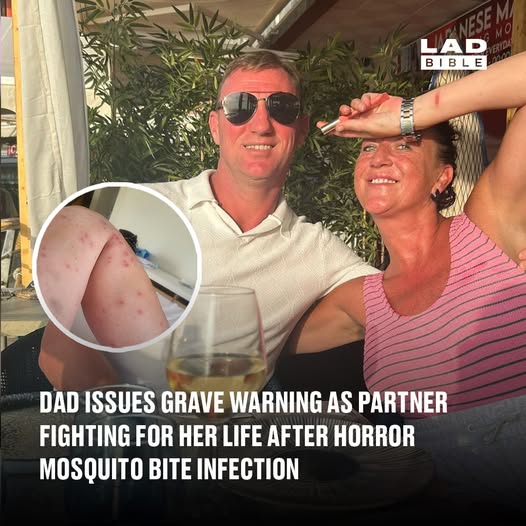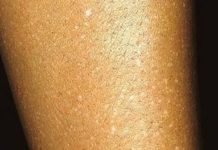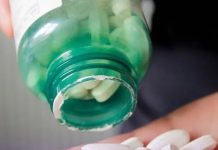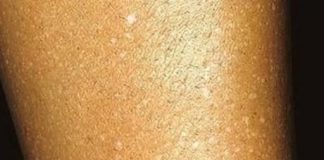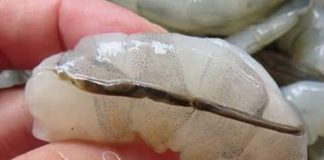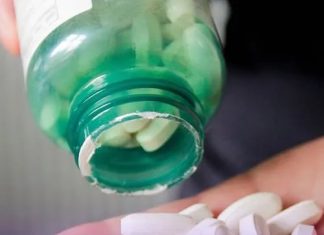In the U.K., a concerned father has issued a stark warning after his partner was hospitalized following a severe infection from a mosquito bite. The bites caused her to faint and suffer facial swelling after falling down stairs, spotlighting the serious health threat even a seemingly minor bite can pose.
When Mosquito Bites Turn Dangerous
Most mosquito bites cause mild, itchy bumps that heal within a few days. However, if redness and swelling worsen or start spreading, or you notice signs like warmth, pain, pus, or even discharge, an infection may be brewing. Scratching the bite can open the skin and allow bacteria to enter—sometimes leading to cellulitis or deeper abscesses.
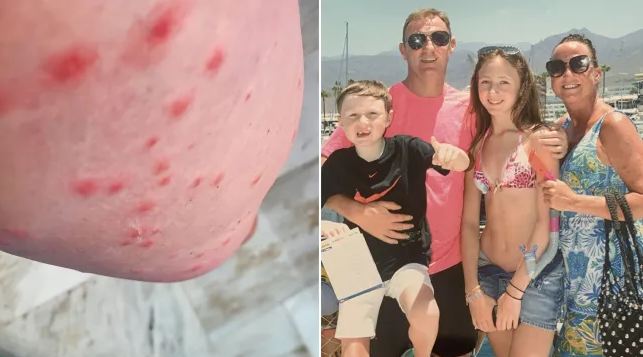
Key Warning Signs to Watch For
Experts advise attention to these red flags that go beyond normal bite reactions:
- Intense swelling, redness, warmth, or pain, especially if these grow or spread beyond the bite site.
- Pus or fluid oozing—a definite sign of infection.
- Fever, chills, body aches, or fatigue—could point to systemic bacterial infection or a mosquito-borne disease such as West Nile virus, dengue, or chikungunya.
- Sudden nausea, dizziness, rash, blisters, or allergic reactions—can indicate broader immunological issues.
- Swelling of the face, lips, eyelids, or chest tightness—these may signal a rare but serious reaction requiring emergency attention.
Real-Life Impact: Emotional and Physical Toll
The partner affected in this case not only faced physical injury but experienced emotional distress and danger from collapsing in the home. The father’s warning highlights how swiftly a mosquito bite can escalate when infection or reaction goes unchecked.
Mosquito Season Is More Intense
Authorities are bracing for a particularly intense 2025 mosquito season, driven by warm temperatures and higher mosquito activity. Diseases such as West Nile and dengue are especially concerning, and public health experts stress early vigilance.
How to Protect Yourself
To minimize risk, follow expert advice:
- Use insect repellent containing DEET, picaridin, IR3535, or oil of lemon eucalyptus.
- Wear long sleeves and trousers, especially during peak mosquito hours at dawn and dusk.
- Remove standing water in containers, gutters, and trays around your home to reduce breeding grounds.
- Install window and door screens, and stay indoors during high activity periods.
What to Do If a Bite Becomes Infected
Should concerning symptoms appear:
- Clean the area gently with soap and water.
- Apply antiseptic or over-the-counter antibiotic ointment to prevent infection.
- Use cold compresses and anti-itch lotions to soothe swelling and itch.
- Monitor closely—draw a marker line around the lesion to detect spreading.
- Seek medical attention if symptoms worsen, spread, or systemic signs emerge (fever, nausea, weakness).

Final Takeaway
What seems like an everyday mosquito bite can sometimes open the door to serious health complications—from localized infections to blood-borne pathogens and allergic reactions. The father’s warning is a timely reminder: stay protected, stay aware, and don’t ignore the signals your body sends. Vigilance—especially in a potentially volatile mosquito season—can make all the difference.
Conclusion
This alarming case serves as a powerful reminder that even something as common as a mosquito bite can quickly spiral into a serious medical issue if not properly monitored. While most bites are harmless, signs of infection should never be ignored—especially during an intense mosquito season. By staying vigilant, recognizing warning symptoms, and seeking timely medical attention, you can prevent complications and protect yourself and your loved ones. Prevention, awareness, and prompt care are essential tools in avoiding potentially dangerous outcomes from what may seem like a simple insect bite.

